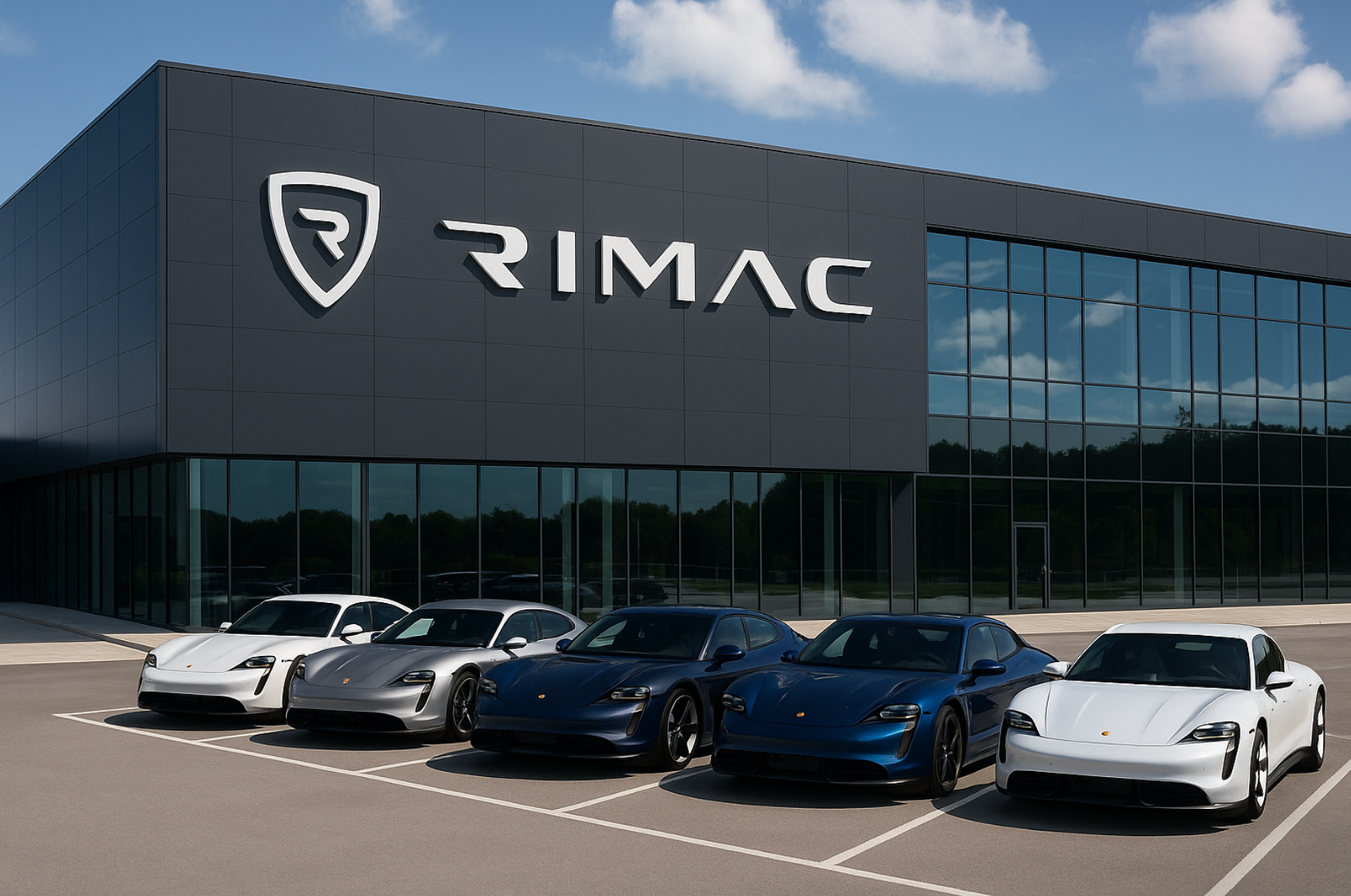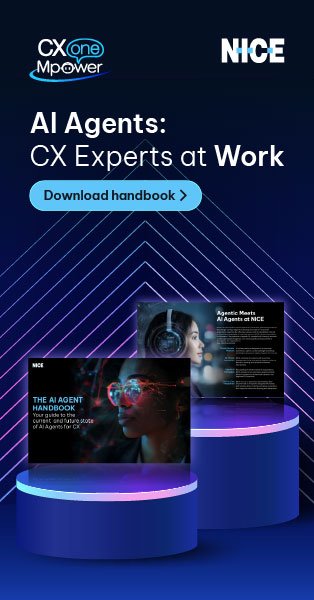Mate Rimac, the visionary Croatian entrepreneur and founder of Rimac Automobili, is revolutionizing the electric vehicle (EV) landscape through groundbreaking technologies that are now influencing Porsche’s EV lineup. His innovations are pivotal in Porsche’s development of electric vehicles with unprecedented range and performance.
Mate Rimac: Pioneering EV Technology
Born in 1988 in Livno, Bosnia and Herzegovina, Mate Rimac transformed his passion for cars into a mission to redefine electric mobility. Starting with the conversion of a 1984 BMW 3 Series into an electric vehicle, he founded Rimac Automobili in 2009. The company has since become a leader in high-performance EV technology, supplying components to major automotive brands, including Porsche, Hyundai, and Aston Martin.
Rimac’s flagship model, the Nevera, exemplifies his commitment to pushing the boundaries of EV capabilities. With a 120kWh battery, the Nevera boasts a range of approximately 340 miles (547 km) and can accelerate from 0 to 60 mph in just 1.85 seconds, reaching a top speed of 258 mph .
Porsche and Rimac: A Strategic Partnership

Recognizing Rimac’s technological prowess, Porsche began investing in Rimac Automobili in 2018, initially acquiring a 10% stake. This partnership deepened over time, with Porsche increasing its stake to 24% by 2021 . The collaboration culminated in the formation of Bugatti Rimac, a joint venture combining the strengths of both companies to advance electric mobility .
Through this alliance, Porsche gains access to Rimac’s cutting-edge battery systems, electric drivetrains, and software solutions, which are integral to the development of Porsche’s next-generation EVs.
Advancements in Porsche’s Electric Vehicles
Leveraging Rimac’s technology, Porsche is set to launch electric vehicles with significantly extended ranges. The upcoming Porsche Macan EV, for instance, is expected to feature a high-capacity battery system developed in collaboration with Rimac, enabling a range that surpasses current models. This advancement addresses a critical consumer demand for longer-range electric vehicles without compromising performance.
Additionally, Rimac’s expertise in electric powertrains and energy management systems contributes to improved efficiency and driving dynamics in Porsche’s EVs. The integration of these technologies ensures that Porsche’s electric models maintain the brand’s hallmark performance characteristics while offering enhanced sustainability.
As of now, Porsche has not officially confirmed the use of Rimac battery systems in any of its production electric vehicles. While Porsche has invested in Rimac Automobili and the two companies have collaborated on high-performance electric vehicle technologies, specific details about Porsche models utilizing Rimac batteries have not been publicly disclosed.
Porsche’s electric vehicle lineup, including models like the Taycan and the upcoming Macan EV, primarily utilizes battery technology developed in-house or sourced from established battery suppliers. For instance, the Macan EV is reported to use battery packs supplied by CATL (Contemporary Amperex Technology Co. Ltd.), a leading Chinese battery manufacturer.
While Rimac’s expertise in high-performance electric powertrains and battery systems is well-recognized, and the partnership with Porsche suggests potential future collaborations, there is no current evidence to suggest that Porsche’s production EVs are equipped with Rimac battery systems.
For the most accurate and up-to-date information, it’s advisable to refer to official announcements from Porsche and Rimac regarding their collaborative projects and technology integrations.
The Future of Electric Mobility
The partnership between Mate Rimac and Porsche signifies a transformative period in the automotive industry, where collaboration drives innovation. By combining Rimac’s pioneering EV technologies with Porsche’s engineering excellence, the two companies are poised to deliver electric vehicles that set new standards in range, performance, and efficiency.
As the demand for high-performance, long-range electric vehicles continues to grow, the innovations stemming from this collaboration will play a crucial role in shaping the future of sustainable mobility.








